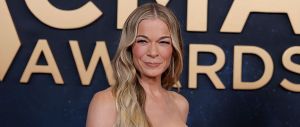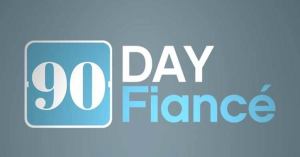Duane “Dog” Chapman shared a sweet post to his Instagram account about a koala named Barry who was caught in the devastating bushfires hitting Australia and his shocking recovery. The Dog the Bounty Hunter star shared an emotional bit of what’s happening in Australia currently after it was reported that at least 500,000 million animals have lost their lives. He also shared the heartbreaking story of Barry who was diagnosed with pulmonary disease after the devastating smoke inhalation.
Chapman went on to thank Bindi Irwin and the Australia Zoo for stepping in to save thousands of animals. The heartwarming post prompted a vibrant response from fans, who flooded the comment section with nothing but love and support for not only Barry, but those helping and in the middle of the shocking fires.
Videos by PopCulture.com
“Breaks my heart. God bless everyone helping,” while another said, [Pray hands emoji] for Barry [three blue heart emojies],” wrote one follower.
“Praying hard for rain everyday until all the fires are out. I was blessed enough to visit the Irwin’s zoo in 2008. I cannot imagine how many animals they are caring for right now,” added another.
“All these poor animals…they didn’t ask for this [red heart emoji],” another said.
A few fans showed their gratitude for Chapman as well: “Thank you for helping them,” while another wrote, “Thank you so much [Duane] love to you from Australia!! xoxo.”
Irwin’s brother Robert Irwin and mom Terri Irwin spoke with the Australian morning show Sunrise to discuss how they’re helping the affected animals as best they can as they continue to work with the Australian Zoo Wildlife Hospital in efforts to get them back to health.
“We’re seeing all kinds of different injuries,” Irwin expressed as he held back tears. “Obviously smoke inhalation and burns are happening frequently, but also animals are going into areas where they’re not supposed to be to escape the horrific conditions.”
“This means they’re getting hit by cars and are being attacked by domestic animals, so there’s a horrific knock on effect,” he continued. “It’s definitely an ongoing issue and we’re just trying to do our best to help in any way we can. It’s a pretty tough situation. We’re absolutely heartbroken.”
Sadly, the first are expected to continue for several months until hopefully Australia can see enough rain to wash them out or hope they die down with efforts from firefighters and volunteers.








